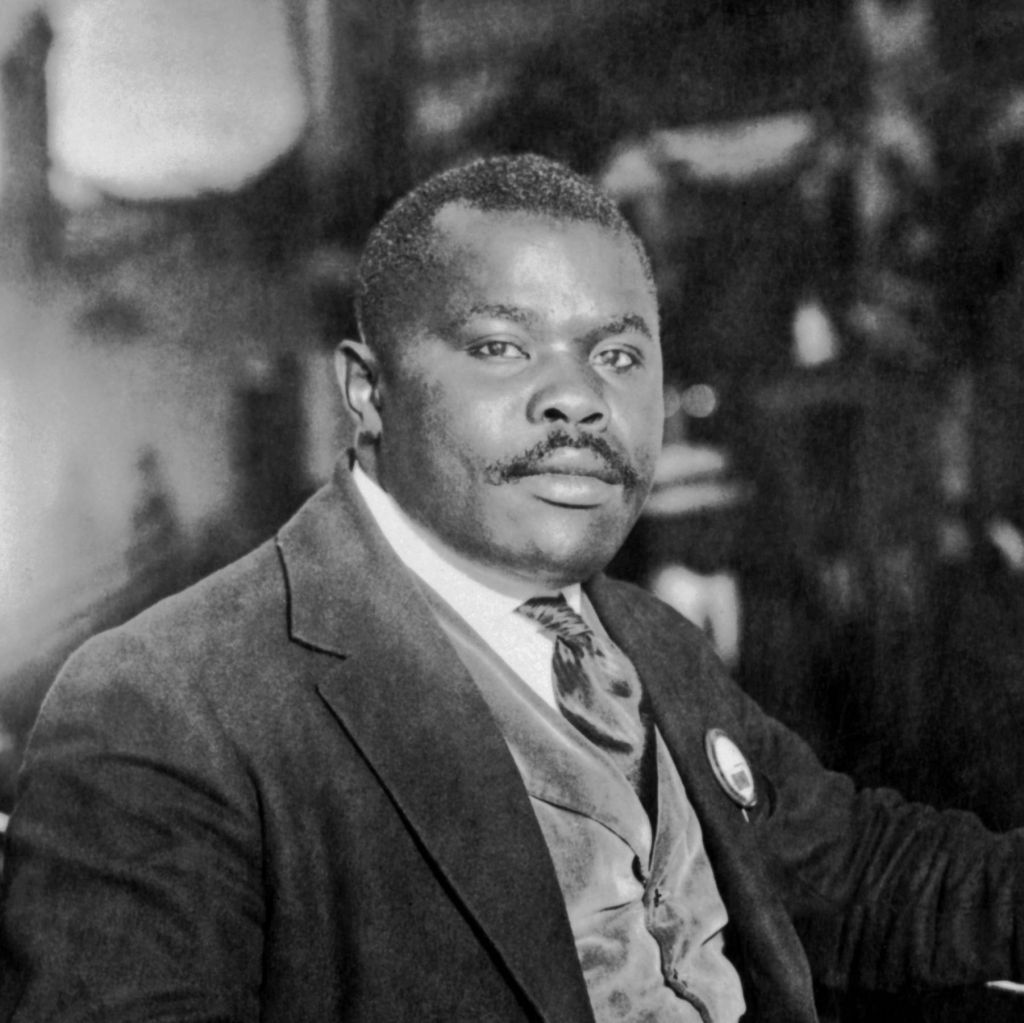Why is Black History Month celebrated in February in the US but in October in the UK?

Black History Month was first celebrated in October 1987 in the UK on the 150th anniversary of Caribbean emancipation (Getty)
February 2024 is LGBT History Month in the UK, however it’s also Black History Month 2024 in the US. This in turn has led to a considerable amount of confusion, as the UK celebrates Black History Month in October.
Some people have even called out the official LGBT History Month Twitter account for “choosing” to clash with the American Black History Month, with one person tweeting:
“Why f**king February?? Huh???? Why February…. explain this to me. Don’t you even dare mention Valentine’s Day! Really? I am disappointed. I am all for gay Pride but I am Black first!”
The LGBT History Month account calmly explained the situation, writing: “We chose February because it was free, here in the UK, and because it includes a school holiday, which allow for visits to museums and such.”
However, we thought it might be a good time to take a look at the wider background to the discrepancy, what each month actually marks in the two different countries and why they’ve ended up being celebrated at opposite ends of the year.
The history of Black History Month in the US
In the US, Black History Month was originally a week, called Negro History Week. It was conceived by historian Carter G Woodson in 1926. The week was chosen because it coincided with the great emancipator Abraham Lincoln’s birthday (12 February) and Frederick Douglass’s birthday on 14 February, which Black communities had celebrated since the 19th century.
Negro History Week encouraged the teaching of Black American history in public schools, but only a few states agreed to take part at first. However, the organisers were undeterred, and pushed on with the awareness campaign each year after that, as Woodson believed that the teaching of Black history was essential, as “if a race has no history, it has no worthwhile tradition”.
By 1929, every state with a “considerable” Black population had made the event known to teachers. By 1969, Black educators and the Black United Students at Kent State University had proposed it turn into Black History Month. The first BHM was celebrated a year later, in February 1970.
What about the UK?
So, that explains why February marks Black History Month in the US, but why is it held in October in the UK?
It goes without saying that the US Black History Month inspired the UK version, however the are different roots underpinning Black History Month in Britain, which is down to the fundamental differences between the two countries. In short, America’s Black history is not the UK’s Black history, and Black UK citizens have different histories and lived experiences, for example, the unique experiences of Britain’s extensive African-Caribbean population.
Black History Month was first celebrated in October 1987 in the UK, on the 150th anniversary of Caribbean emancipation. It was organised by Ghanaian analyst Akyaaba Addai-Sebo, who worked for Greater London Council as a coordinator of special projects and was intended to form part of African Jubilee year. It subsequently spread to other boroughs, and then the UK as a whole.
Addai-Sebo explained why he decided to push ahead with the project in an interview with the Black History Month UK website, saying:
“I was stirred up in the mid-1980s by the identity crisis that Black children faced as some brazenly would not identify with Africa and shrank when called an African. A colleague came to work one morning broken hearted and in probing her why revealed to me in confidence that her seven-year-old son, who she had proudly and purposefully named Marcus, after Marcus Mosiah Garvey (a foremost Black nationalist leader), before going to bed, had asked her: ‘Mom, why can’t I be white?’

“In consoling this devastated mother I was prompted to go around asking questions about ‘identity’ and to observe and talk to children more after school, in buses, parks, and in the play grounds in the communities in some parts of London. I was awakened to the fact that even some Ghanaians tried to mimic being Afro-Caribbeans and some Afro-Caribbeans would take offence being referred to as ‘African’.
“A crisis of identity faced us squarely despite the race awareness campaigns of the Greater London Council (GLC) and the Inner London Education Authority (ILEA). I also worked then as the Special projects coordinator of the Ethnic Minorities Unit of the Greater London Council.
“More had to be done and so I conceived an annual celebration of the contributions of Africa, Africans and people of African descent to world civilisation from antiquity to the present and got a lot of support from the leadership of the GLC and ILEA and most especially from Mr Ansel Wong, head of the Ethnic Minorities Unit and the leader of GLC, Mr Ken Livingstone.”
So there you have it. The two months may have very different origins, however they’re both unified by one crucial theme: to ensure Black history is shared much more widely – in museums, galleries, schools, universities, public spaces and communities – to ensure that nothing is lost or forgotten, and to honour the countless accomplishments of Black Americans and Black Britons.

